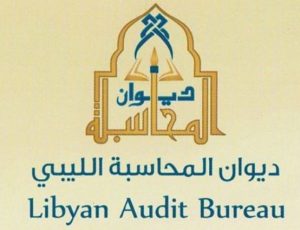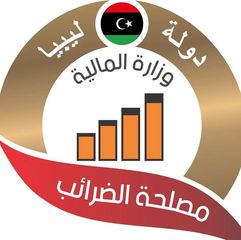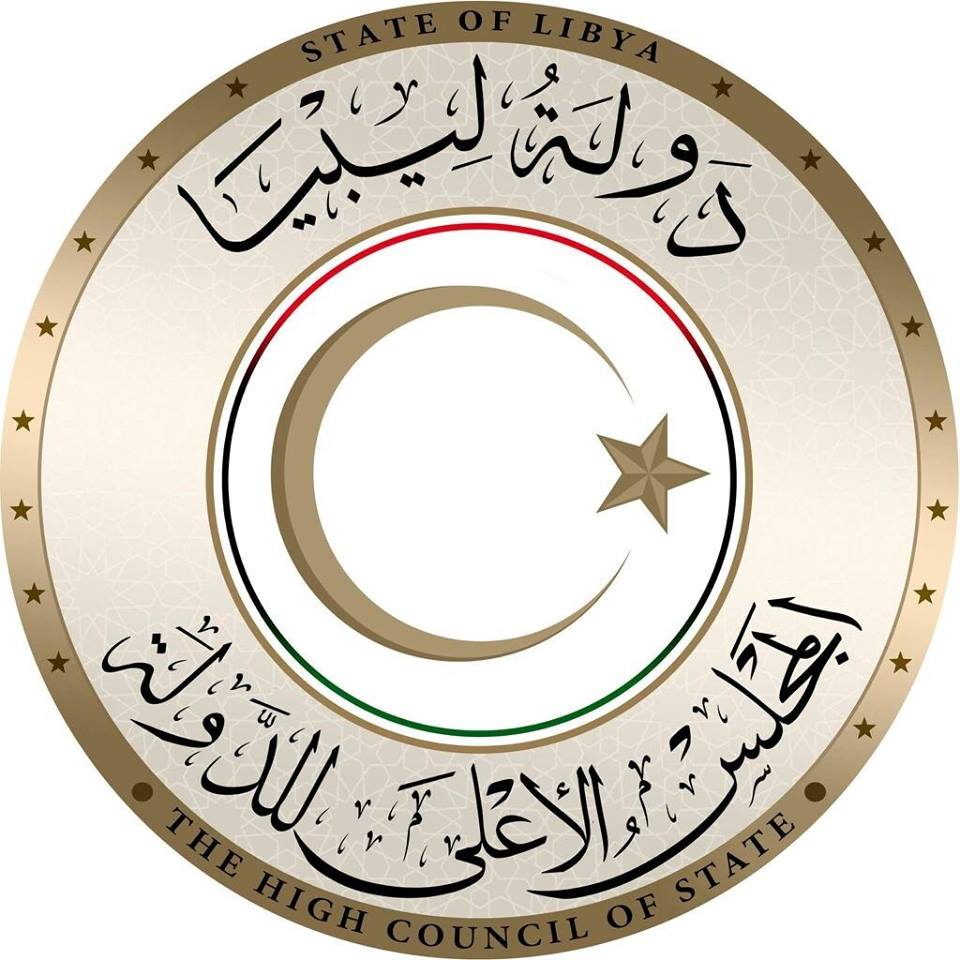By Sami Zaptia.

London, 13 August 2020:
Libya’s Tripoli based Audit Bureau, one of the three main Libyan monitoring and oversight agencies, called on the Tripoli Economy Ministry to launch an electronic tenders and procurement portal.
The call came in the form of a circular issued Tuesday by the Audit Bureau in which it highlighted to state agencies the need to comply with laws and regulations governing contracting procedures and not to violate the regulations governing them.
The Audit Bureau said that this was necessary in order to establish the principles of disclosure and transparency and to combat financial and administrative corruption.
It will be recalled that there has been an uptake in recent days pronouncements by state entities on increased transparency and fighting corruption.
Libya’s internationally recognized prime minister, Faiez Serraj, held a meeting with the country’s three main oversight bodies, the Audit Bureau, the Administrative Control Authority and the National Anti-Corruption Commission on 8 August where he pledged his full support for their oversight efforts.
Serraj had stressed his full support of the bodies to conduct investigations and inspections of all files related to corruption and waste of public funds.
He also stressed that all institutions of the government sector must comply and cooperate with these bodies, stressing the need to establish the principle of transparency and integrity, and the rules of governance.
Serraj also confirmed his full support of the agreement between the three bodies to formation a national team to develop the national strategy to combat corruption.
During the meeting it was also agreed to activate the existing but unused financial disclosure system for state officials and speed up the adoption of the public sector corporate governance manual.
Secondly, the Governor of the Tripoli Central Bank of Libya (CBL) in his role as chairman of the National Anti-Money Laundering and Terrorist Financing Commission signed a cooperation agreement on 10 August with Fathi Bashagha, Tripoli’s Interior Minister.
The Ministry of Interior said that the signing of this agreement is the culmination of what was agreed at the meeting of the National Committee of the Libyan state’s commitment to standards and best practices in order to achieve effective and fruitful cooperation to reduce corruption and uncover crimes of money laundering and terrorist financing.
It is understood that the Central Bank of Libya has agreed to cooperate with a specialized auditing company to review, examine and audit all its accounts to apply the principle of transparency. For its part, the Interior Ministry agreed to take the same step to review all its accounts and contracts.
And finally, it will be recalled that Libya’s two competing Central Banks have now agreed to an independent international audit. The issue is seen by many as one of the main causes of the recent war on Tripoli and the continuing political split between western and eastern Libya.
Analysis
A word of realism, however. It must be noted that over the years, Libya’s bureaucracy has paid much lip service to transparency, accountability and fighting corruption. However, unsurprisingly, the state bureaucracy, has failed to conduct ant serious house cleaning. There is very little incentive for Libya’s corrupt bureaucracy to reform and purge itself without an outside force to hold it in check such as a functioning parliament or the general public through effective democratic elections.
https://www.libyaherald.com/2020/08/11/libyas-national-anti-money-laundering-commission-signs-agreement-with-interior-ministry-to-combat-corruption/
https://www.libyaherald.com/2020/08/09/serraj-anti-corruption-drive-announces-his-full-support-for-oversight-entities-and-seeks-to-enforce-financial-disclosure-by-top-officials-report-and-analysis/
https://www.libyaherald.com/2020/07/27/cbl-independent-audit-going-ahead-unsmil/







